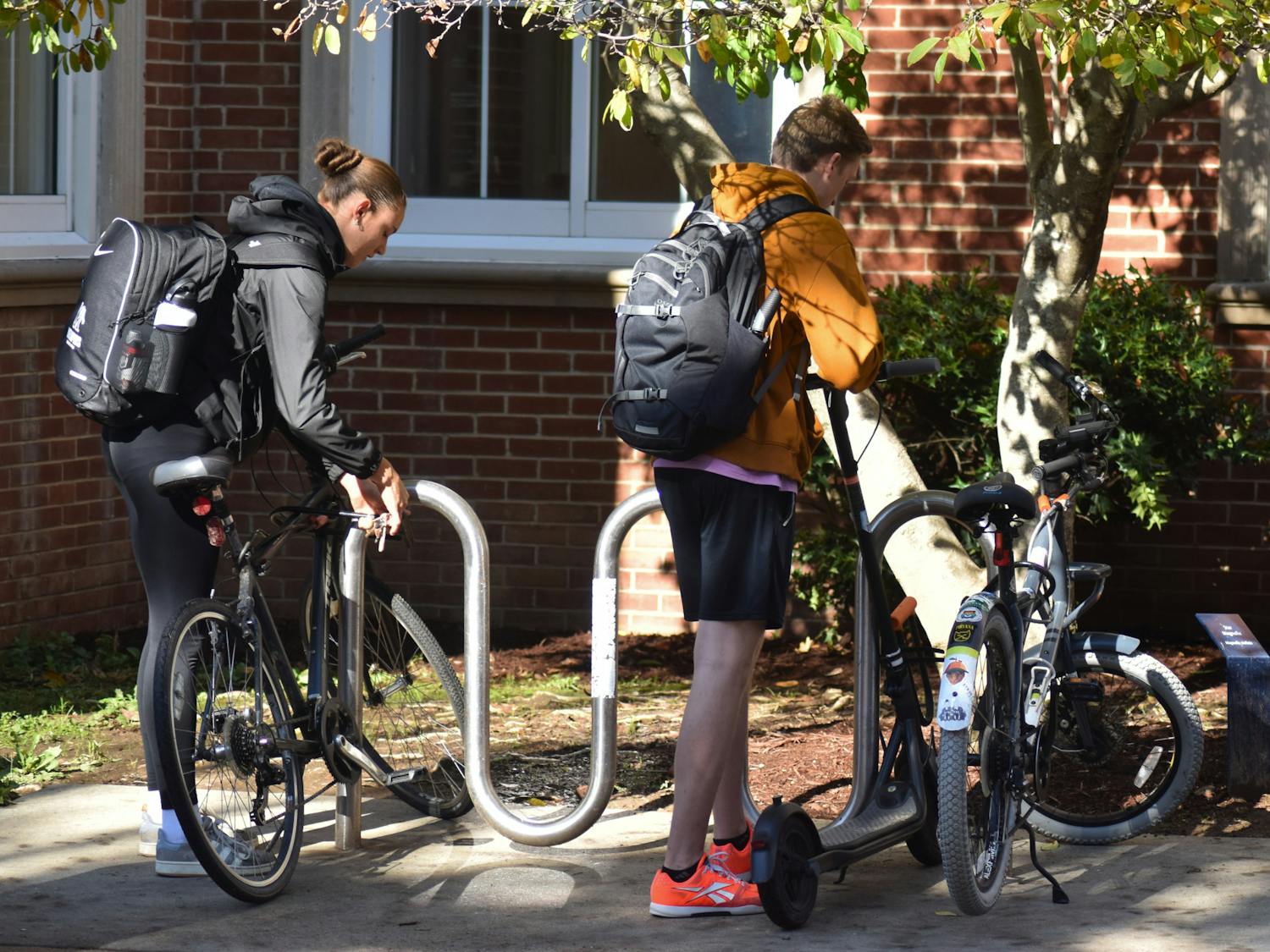Employers across the country have noticed a lack of qualified individuals to fill technology-driven positions, making a degree in STEM fields an attractive option for college students.
Last year, Nasdaq vice chairman Bruce E. Aust said that there are 500,000 well-paying computing jobs that are unfilled in the United States. By 2020, there will be 1 million more computing jobs than there will be qualified candidates to fill them.
STEM fields include science, technology, engineering and math majors. Tennessee itself is in need of more employees in this field, as 100,000 jobs will need to be filled in the next six years and 88 percent of them require education after high school.
“The UofM is committed to increasing degree production in the Herff College of Engineering,” said Rick Sweigard in a statement released by the University. “We realize the importance of STEM education and work diligently to prepare our students to excel in these high demand positions.”
West Tennessee underproduces STEM degrees compared to the rest of the state and the country. But enrollment in these programs at The UofM has increased by 30%, according to the statement.
The Herff Merit Scholarship Program has been put in place to recruit more technology-driven students. According to Sweigard, the University has a plan in place to reach their ten-year goal for number of degrees produced.
Gavin Foyle graduated from The University of Memphis with a Management of Information Systems degree last year. He is now employed at Fedex as the associate engineering specialist of virtual infrastructure and environments.
“I’ve always had inspiration to major in IT since my father was part of the ‘Memphis computer boom’,” Foyle said. “Now I manage servers and data centers.”
Foyle also said it was easy to find a job once he graduated, but finding the right fit was more of a challenge.
Foyle’s job falls into the technology aspect of STEM. While majors offered at the University can be specific to one area of STEM, knowledge of science, technology, engineering and math is in high demand.
“The U.S must better develop domestic talent and continue to welcome students and researchers abroad to ensure the future sufficiency of it’s STEM workforce,” said the U.S House Science Committee.





